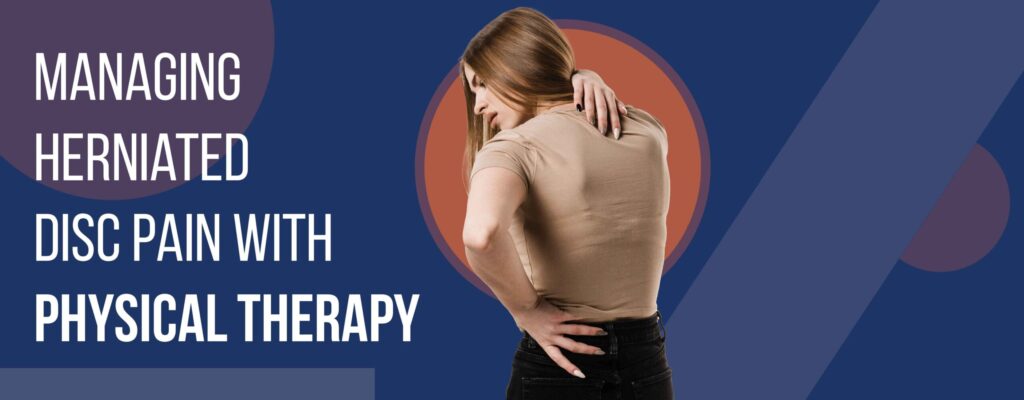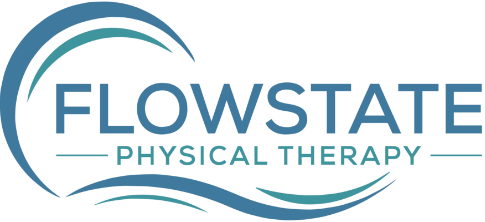Managing Herniated Disc Pain with Physical Therapy


practicepromossecure@gmail.com
If you’ve been told you have a herniated disc, you might be feeling nervous, confused, or even scared. You’re not alone—this condition is one of the most common causes of back pain. Fortunately, herniated disc pain management doesn’t have to be complicated.
A herniated disc occurs when the soft cushion between the bones in your spine slips out of place, putting pressure on nearby nerves. This can cause pain, numbness, or weakness that travels down your arm or leg, following the path of the affected nerve.
Fortunately, physical therapy is a proven, effective, and conservative way to help you feel and function better. But with so much misinformation out there, it’s hard to know what to believe. The Flowstate Physical Therapy team is here to bust some of the most common myths—so you can get back on the path to recovery with confidence.
Debunking Five Myths about Herniated Disc Treatment
Myth #1: You Need Surgery to Fix a Herniated Disc
Many people worry that surgery is the only option. In reality, most people recover without it–most herniated discs improve with conservative treatments like physical therapy. Most doctors do not consider surgery if symptoms persist for several months or there’s significant nerve damage.
So, how does physical therapy help with herniated discs? Our team uses targeted, noninvasive treatments to reduce pressure on your nerves, improve movement, and decrease pain.
Myth #2: Rest Is the Best Way to Heal
You might think lying in bed will help your symptoms, but prolonged rest can actually make things worse. Extended bed rest can weaken your muscles, which slows recovery. Instead, you want to engage in gentle movement that gets your blood flowing.
This is one reason physical therapy is so effective for managing herniated discs. Our team can identify the right exercises for your needs to ensure you stay active without causing pain flare-ups. Over time, we’ll work with you to build the strength and stability to support your spine.
Myth #3: Pain During Rehabilitation Means You’re Making It Worse
It’s normal to feel some discomfort during herniated disc pain management, but that doesn’t always mean harm. Our physical therapists will help you pace yourself while closely monitoring your symptoms. We also offer noninvasive pain management techniques, including manual therapy, to make the process more comfortable.
Myth #4: Only Your Back Needs Treatment
Since the disc is in your spine, that’s the only area that needs help—right? Not exactly. Symptoms can affect your legs, hips, shoulders, or arms, depending on which nerve a herniated disc presses on. If the symptoms radiate into your legs, you may even find that the herniated disc affects your walking patterns, which can cause pain from compensatory movements.
At Flowstate Physical Therapy, we take a whole-body approach. Our team can perform gait and movement analysis and guide you through targeted exercises to improve core strength, leg strength, balance, and coordination. These approaches improve function and reduce your risk of reinjury—key goals of herniated disc pain management.
Myth #5: Once It Heals, It’s Over
Many people assume that once their herniated disc has healed, they’ll never deal with it again. Unfortunately, reinjury is common without proper maintenance and preventative care, as guided by our physical therapists, can make a big difference in long-term outcomes.
To prepare you for success, our physical therapists will teach you exercises for ongoing spine support, help you modify daily activities to protect your back, and create a long-term plan to keep you moving safely.
Take the Next Step Toward Relief
You don’t have to live in fear of your diagnosis—or let misinformation keep you from feeling better. With the right physical therapy program, herniated disc pain management can be safe, effective, and empowering.
Contact Flowstate Physical Therapy today to schedule your first visit and learn how our experienced physical therapists can help you take control of your recovery.

